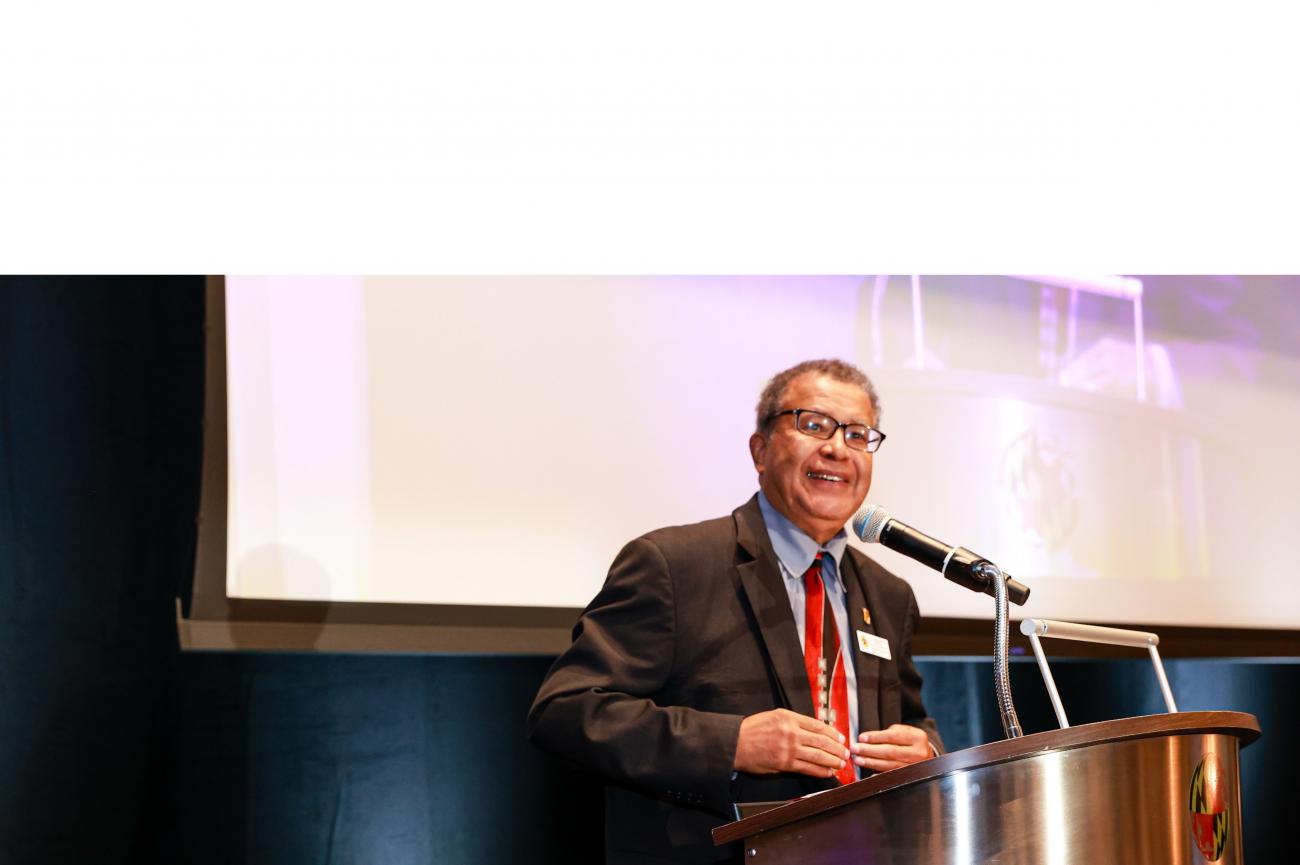“The parties are pleased that they were able to find a way to resolve this matter outside of Court and will have no further comment about the settlement,” said Crump, who was hired in 2021 by Lacks’ family to explore litigation against biotech companies that profit from HeLa cells — an immortal cell line derived from a sample taken from the Turner Station resident over 70 years ago at the Johns Hopkins Hospital.
The family of Henrietta Lacks agreed Monday to settle its lawsuit against Thermo Fisher Scientific, a Massachusetts-based biotechnology company that sold products derived from the Baltimore County resident’s cells, according to civil rights attorney Ben Crump. The case was sent to Magistrate Judge J. Mark Coulson last week and was scheduled for a settlement conference Monday morning. The hearing was closed to the public and ran until late in the evening. Lacks’ grandchildren and other descendants gathered Tuesday morning at Canton Waterfront Park with Crump and other members of the legal team to celebrate the settlement and mark what would have been Lacks’ 103rd birthday.
Lacks’ surviving family members filed suit against Thermo Fisher in October 2021, arguing that the Massachusetts-based biotechnology giant unjustly profited from cells taken from Lacks in 1951 while she was being treated for cervical cancer at Johns Hopkins Hospital.
Thermo Fisher tried twice to dismiss the case, arguing that the Lacks family hadn’t filed their claim in a timely manner. Under Maryland law, a person has to sue for unjust enrichment within three years of first learning of something that might be grounds for a lawsuit.
The company also has argued that the family’s complaint doesn’t provide any proof for their assertion that Thermo Fisher is not a “bona fide purchaser for value” — a phrase that describes someone who buys property without any reason to suspect irregularities in the transaction.
But Lacks’ family and their legal team — led by Crump — said the multibillion-dollar company continues to unjustly profit from the cells every time it cultivates, sells and is paid for newly replicated cells in the line. Thermo Fisher, the family alleged in their complaint, is treating Lacks’ cells as “chattel to be bought and sold.”
Lacks, a Black tobacco farmer and mother of five who lived in Turner Station, died shortly after her cervical cancer diagnosis, at 31 years old. But her cells — which Johns Hopkins doctors took from her without her knowledge or consent — lived on, becoming the first to survive outside a body in a laboratory. The cells, known as HeLa cells, are still replicating in laboratories today, some seven decades after Lacks’ death.
HeLa cells, the first “immortal” cell line, have been used in countless biomedical breakthroughs. They helped doctors eradicate polio and map the human genome, as well as develop HPV vaccines, in vitro fertilization and — more recently — COVID-19 vaccines.
Attorney Ben Crump speaks at a press conference after the family of Henrietta Lacks agreed to settle its lawsuit against Thermo Fisher Scientific, a biotechnology company that sold products derived from the Baltimore County resident’s cells. (Jerry Jackson)


